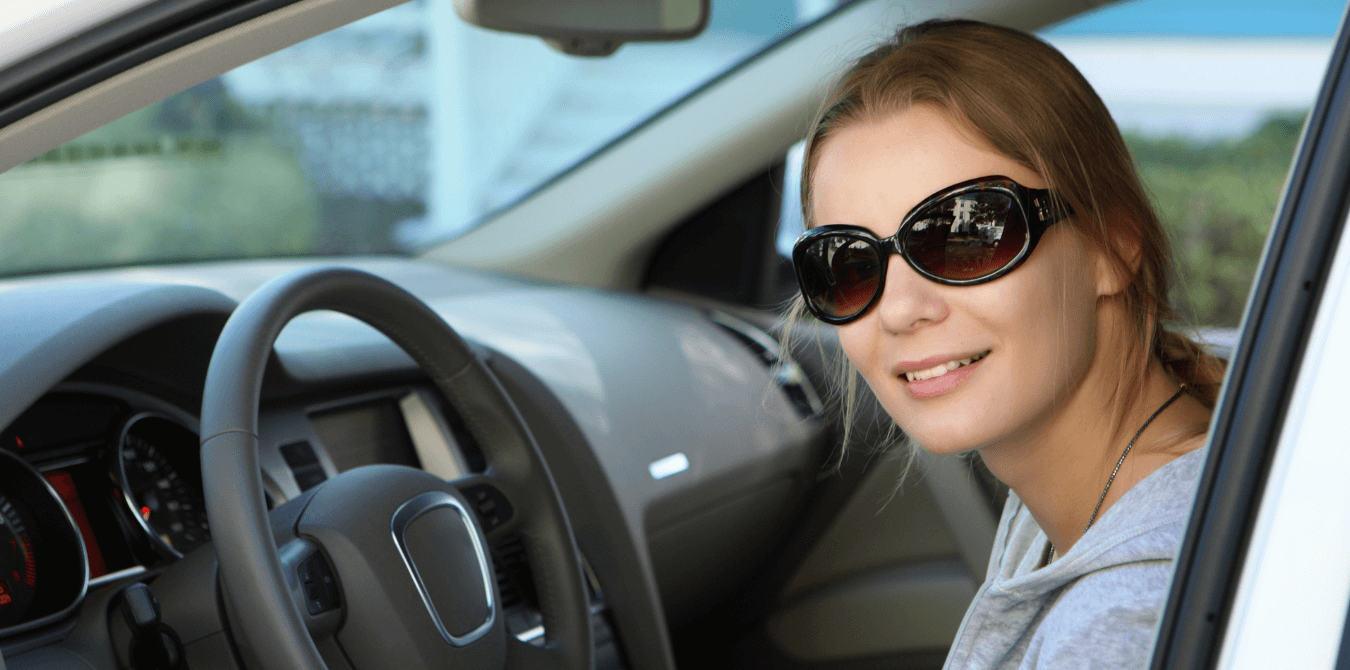Does Personal Auto Insurance Cover a Business Vehicle?


Reviewed by
Grant Desselle
Licensed Insurance Agent


Reviewed by
Grant Desselle
Licensed Insurance Agent
Understanding how personal auto insurance treats claims related to business use is key to ensuring you’re protected in the event of an accident.
Table of Contents
The key difference between personal and commercial auto insurance is the purpose of coverage. Personal auto insurance coverage protects non-commercial vehicles such as cars, trucks, and SUVs used only as personal vehicles. The policies protect people when they commute to work, go shopping, pick their children up from school, take road trips, and drive their automobiles for other personal purposes.
Commercial auto insurance protects commercial and non-commercial vehicles when used for business purposes. Companies that own cars, trucks, and SUVs that are also suitable for personal use protect their vehicles with commercial auto insurance. They can also buy commercial auto insurance to cover delivery vans, heavy trucks, and other vehicles used strictly for business.
Both personal and commercial auto insurance covers legal expenses and bodily injuries that arise due to accidents. Most also cover theft and vandalism to vehicles.
No, personal auto insurance typically doesn’t cover a business vehicle. Generally, if you file a claim on your personal auto insurance for a loss that occurred while using your vehicle for work, the insurer will deny it.
There is one key exception to the rule. Your personal auto insurance will typically cover you if an accident occurs during your commute to work for an employer. In other words, if you have a wreck in bumper-to-bumper traffic on the way to the office, your insurance will likely approve the claim.
Personal auto insurance normally won’t cover a business vehicle under any circumstances. Companies that own vehicles aren’t eligible for personal auto insurance. They must take out commercial auto insurance policies to cover the vehicles they own.
The idea that personal auto insurance can’t cover a business is intuitive. Things become more complicated when a person is a sole proprietor or a self-employed contractor. These individuals may use the same vehicle for both personal and business use, assuming their policy will cover them in the event of an accident. Unfortunately, this usually isn’t the case.
Self-employed people may need commercial auto insurance if they use their own vehicles for business in any way. Some examples of using a personal vehicle for business purposes include:
Hired and non-owned auto insurance (HNOA) is a type of auto insurance that partially covers a personal vehicle during business use. Companies can also purchase it for leased and rented vehicles.
HNOA insurance is often less expensive than standard commercial auto insurance. However, it doesn’t provide complete protection. Most policies will only pay for legal expenses related to accidents. They usually won’t approve claims for physical damage to vehicles.
In most cases, business auto insurance costs more than personal auto insurance. However, prices vary greatly. Generally, a sole proprietor buying a policy to cover themselves while driving just one vehicle will be significantly less expensive than what a company with an entire fleet of vehicles would pay.
When determining how much to charge for business auto insurance, companies consider the following:
Self-employed people may qualify for discounts if they purchase commercial auto insurance through a company that already provides them with other types of insurance, such as business liability insurance, homeowners insurance, or personal auto insurance.
For self-employed people who use their vehicles for work, personal auto insurance won’t likely be enough protection. Purchasing a commercial auto insurance policy is the better way to protect against financial loss, as most personal insurance won’t approve work-related claims.